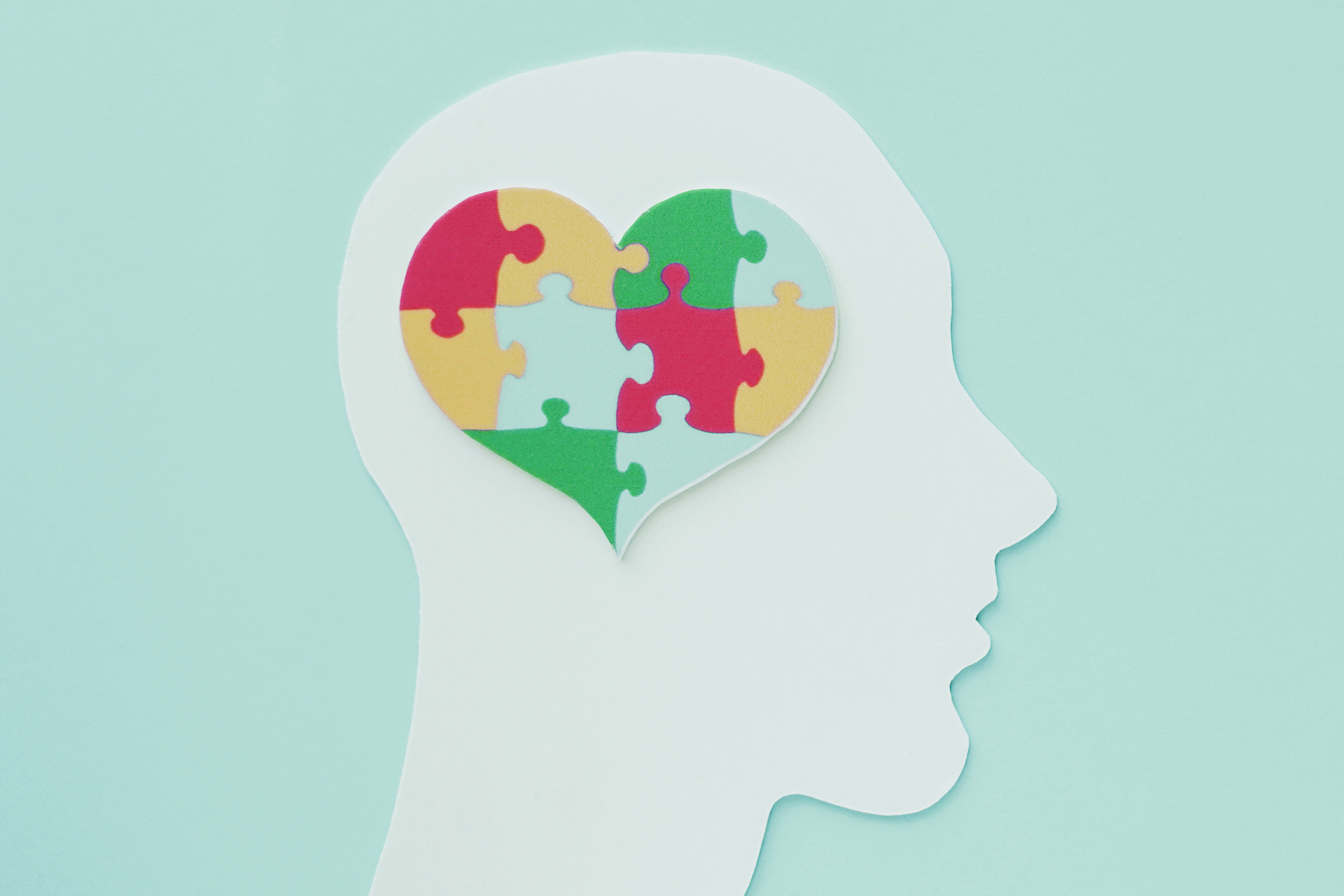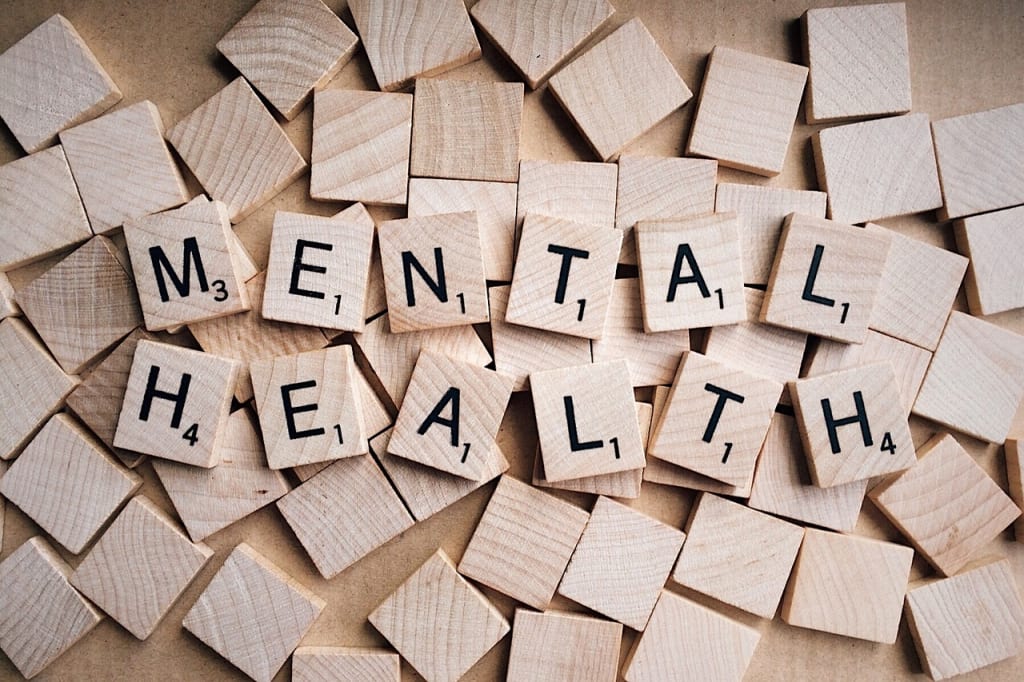In recent years, mental health has shifted from a taboo topic to a global priority. As we navigate 2025, understanding and addressing mental well-being is becoming more urgent due to evolving societal pressures and ongoing global challenges.
The Rising Tide of Mental Health Awareness
The conversation around mental health has gained significant momentum recently, driven by increased social media advocacy, celebrity openness, and public health campaigns. Platforms like TikTok and Instagram have become spaces where people share personal mental health journeys, reducing stigma and encouraging others to seek help.
Moreover, the World Health Organization (WHO) reported a steady rise in anxiety and depression cases worldwide, exacerbated by lingering effects of the COVID-19 pandemic, economic uncertainties, and geopolitical tensions. These factors have forced a deeper examination of how mental health directly impacts productivity, relationships, and overall quality of life.
The Impact of Digital Life on Mental Well-being
While digital connectivity offers support communities and resources, it also poses new challenges. Recent studies highlight how excessive social media use can lead to feelings of isolation, anxiety, and low self-esteem, especially among teenagers and young adults. The phenomenon of “digital burnout” is gaining recognition as people struggle to balance online and offline lives.
On the other hand, mental health apps and teletherapy services have surged in popularity, making professional help more accessible than ever. These innovations are revolutionizing the way individuals manage mental health, breaking down traditional barriers like cost and location.
Why Workplace Mental Health Matters More Than Ever
Employers are increasingly aware of the importance of mental health in the workplace. Companies are implementing wellness programs, flexible work arrangements, and mental health days to support employees. This trend reflects a broader understanding that mental well-being is critical for creativity, engagement, and reducing burnout.
In 2025, mental health is no longer just a personal issue — it’s a social and economic imperative.
Moving Forward: What Can You Do?
To foster better mental health, it’s essential to cultivate self-awareness, seek professional support when needed, and build supportive environments at home and work. Practicing mindfulness, limiting screen time, and engaging in physical activity can also significantly improve emotional resilience.
Remember, mental health is a journey, not a destination. The more openly we talk about it and support one another, the closer we come to breaking the silence for good.




